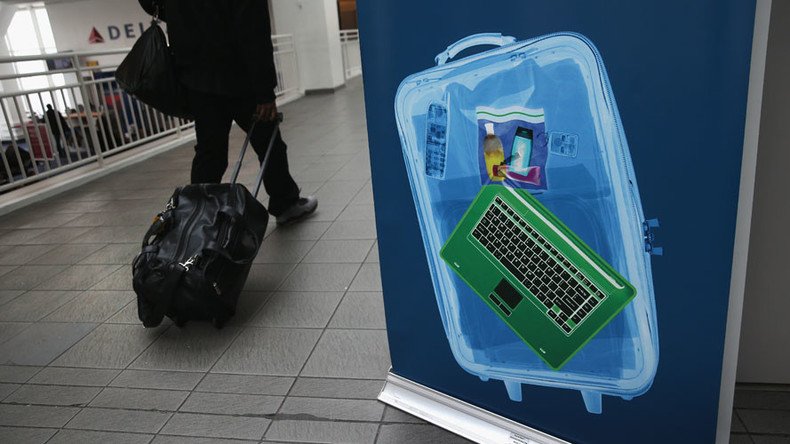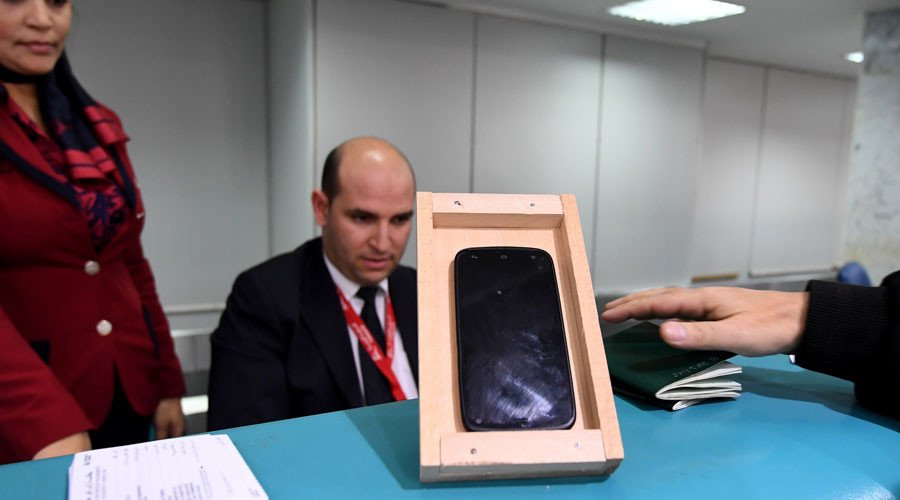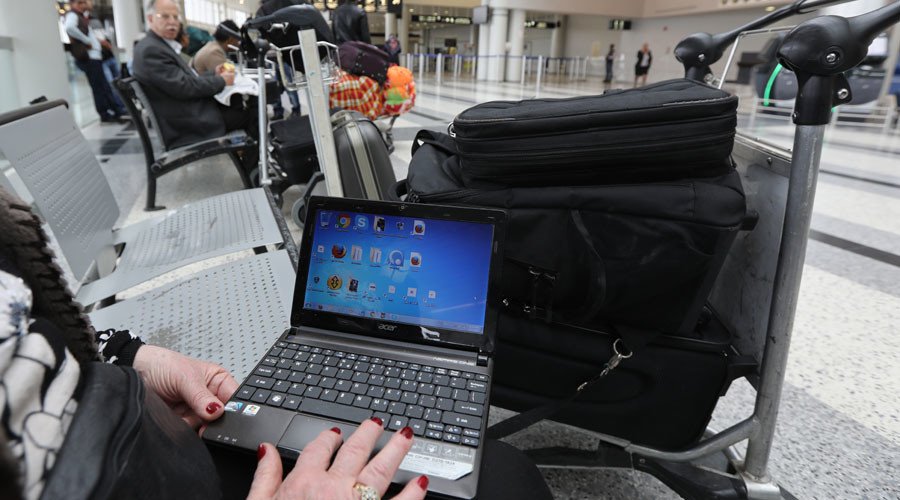Laptop ban could cost airlines $3.3 billion annually

Extending the ban on gadgets in plane cabins introduced by the US earlier this year could cost carriers and passengers $3.3 billion annually, according to the International Air Transport Association (IATA), as quoted by South China Morning Post.
READ MORE: Business class 'war': Healthy Etihad bookings fly in face of US ‘security’ ban
At the IATA annual meeting in Cancun, Mexico industry representatives proposed a range of security measures, including anti-tampering detection for devices, bomb-detection technology, sniffer dogs and other security screening options.
“We believe there are alternative ways to address the situation,” said Nick Careen, IATA’s senior vice-president for airport, passenger, cargo, and security, as quoted by the media.

According to the latest industry data, a worldwide ban on electronic devices onboard planes would mean airlines facing losses of at least $3.3 billion a year due to longer travel times, flight delays and laptop rental costs.
The restrictions could reportedly affect 300,000 passengers a day and 786,000 flights a year. The estimates are based on the approximate number of people using gadgets during a flight and the average cost of labor.
'Numerous threats': US might expand laptop ban to all international flights - Homeland Security Secretary https://t.co/ae4tNTAIqNpic.twitter.com/XTXnkFKjS2
— RT America (@RT_America) May 28, 2017
In March, the White House imposed restrictions on electronic devices that are larger than a smartphone, such as a laptop and tablets, on flights from ten airports in the Middle East and North Africa.

The UK joined the ban, prohibiting gadgets onboard planes from six countries, including Egypt, Jordan, Lebanon, Saudi Arabia, Tunisia, and Turkey.
Last month, the US Department of Homeland Security warned that it could expand the ban to flights from Europe.
At the same time, the Australian government announced it is considering a similar measure.
Australia considers laptop ban on some international flights https://t.co/h557syyT5Spic.twitter.com/n25OEwNytZ
— RT (@RT_com) May 18, 2017
IATA reportedly prefers not to “place bets” on extending the US ban on international flights.
The industry is planning to introduce new procedures to upgrade the security screening of gadgets, but it takes a long time for the new technology to be approved by regulators.












